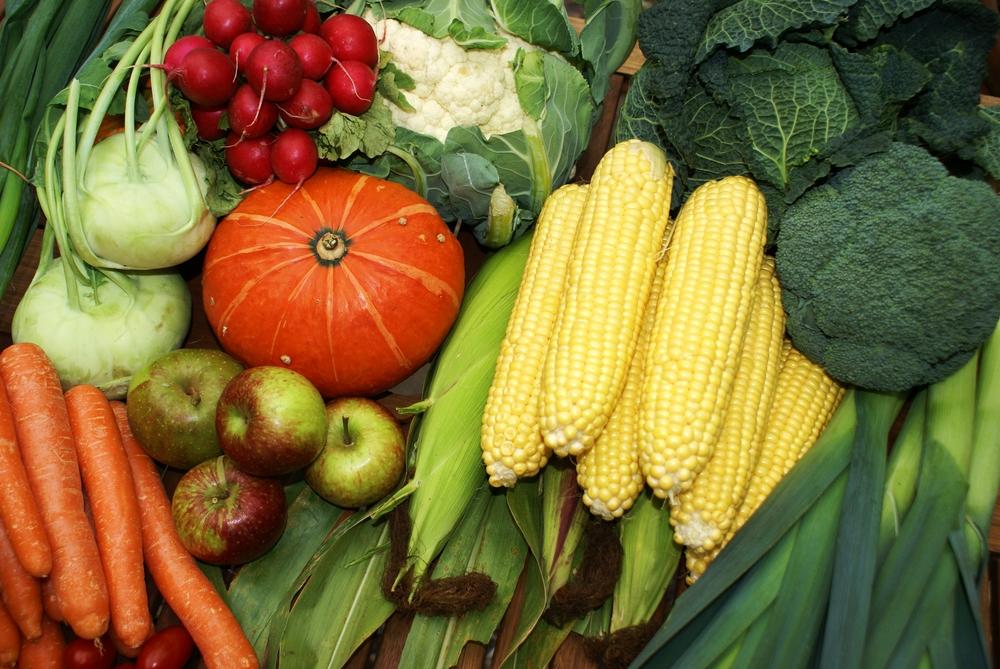Diarrhea And Helpful Foods
Diarrhea and helpful foods
Diarrhea, everyone has it once in a while, and should get it also, however uncomfortable they may be. Diarrhea is a normal process of the body to eliminate toxins and gut invaders from the body. The increased mobility of the intestines and fluids helps the body to push parasites, bacteria, viruses, and the toxins they secrete. The prudent strategy would be to help the body with its normal activity.

Natural food items like bananas, whole rice, tender coconut water, skinned potato contain ingredients like soluble fiber, potassium, and water. They are the foods to stop diarrhea from happening. The requirements of a diet for diarrhea are lots of fluids to make up the lost fluid. Insoluble fibers irritate the intestines and would aggravate the condition. Hence, one should stick to clear fluids like soups, broth, diluted fruit juices without added sugar or other sweetening agents in a diet for diarrhea. These, besides providing fluids, have sodium, potassium and soluble fiber. After each stool drink, a cup of fluids. It is better to sip these frequently so that the liquid intake is mostly between main foods. Sugar is a food for bacteria and is best avoided in a diet for diarrhea. Select fruits like apples and banana and avoid fruits with high sucrose content. The small intestines has reduced amounts of disaccharidases like sucrose and lactose, and these are not digested. Plain potable water boiled and cooled with a pinch of salt and small amount of glucose is a very good rehydrating fluid. Oats meal, baked potato, baked chicken and chicken soup are very useful items for their much-needed proteins content. It is important that diet for diarrhea comprises the foods mentioned above.
Ginger in any form is well known for its anti-inflammatory properties and is useful in its various forms. Slivers of the root (rhizome) can be chewed to relieve nausea and bloating and helps digestion. Ginger juice with a dash of honey, (avoid excess as it is high in fructose) does a lot of good during diarrhea but also in almost in any stomach upsets, be sure to add them in your diet. Ginger ale can also be used in your diet for diarrhea. Similarly, Chamomile tea helps alleviate stomach pain. Its anti-inflammatory properties help the stomach muscle to relax and give relief to stomach pain; Chamomile is an important addition to your diet in cases of diarrhea. BRAT, an acronym, is a widely used set of foods to stop diarrhea. It stands for banana, rice, applesauce, and toast. They provide the needed essentials like fluid, soluble fiber, and potassium and are very bland to ensure that the stomach and intestines are not irritated, making them important foods in the diet for diarrhea. The combination also has pectin a protein that binds the stools.
It is important to know the foods one needs to avoid. Foods with insoluble fiber, sugar, acidic fruits like citrus fruits and diuretics like alcohol and stimulants like caffeinated drinks, alcohol, carbonated drinks are best avoided. Others among this group are broccoli, cabbages, cauliflower, chickpeas, beans and berries. Fried and greasy foods are not well tolerated and foods with high roughage are also to be avoided. Beans, chick peas etc are difficult to digest and form lots of gas. Green leafy vegetables, prune, peppers, milk and other dairy items like ice cream, corns and tea also fall under this category.
Having said all the above, it is imperative that any diarrhea that continues unabated for more than two days in adults and a day in children and has serious underlying causes; medical opinion and intervention, if needed, should be resorted to. The more common causes of diarrhea are infections by bacteria; generally, Campylobacter, salmonella, shigella and Escherichia coli. Clostridium difficile infections are sometimes seen after a course of antibiotics. Rotavirus is a common infection in children under years. This is easily prevented by vaccination by an approved vaccination. Other viruses are Norwalk virus, cytomegalovirus and viral hepatitis. Parasites like Giardia lamblia and cryptosporidium also causes diarrhea. There more serious underlying causes for diarrhea. Colon cancer, ulcerative colitis, microscopic colitis, celiac disease, Crohn’s disease, inflammatory bowel syndrome, and the lesser irritable bowel syndrome are very serious disease conditions that cause persistent diarrhea. Certain medications like cancer drugs, certain antacids containing magnesium can also lead to diarrhea. Other culprits are certain antibiotics and the doctor would be able to readjust the dosage or prescribe another one.
The important things to remember in cases of a diet for diarrhea is to keep adequately hydrated and in case of serious cases seek competent medical help.